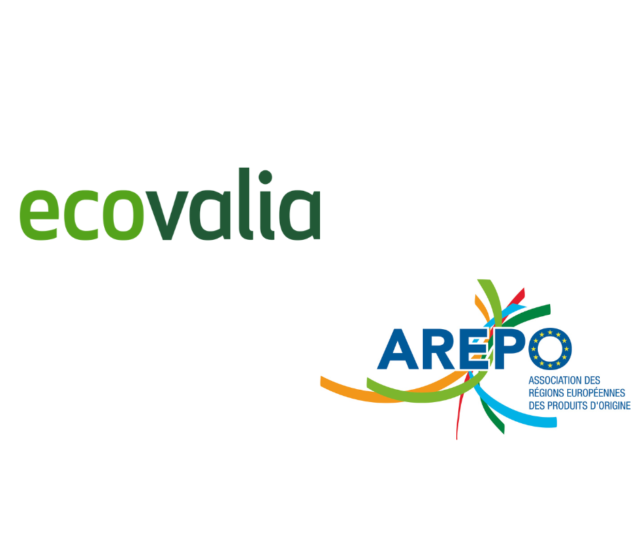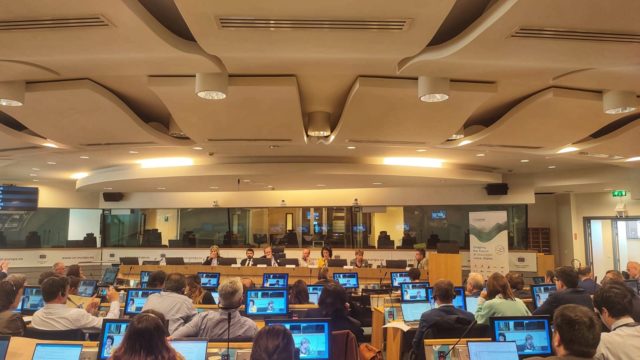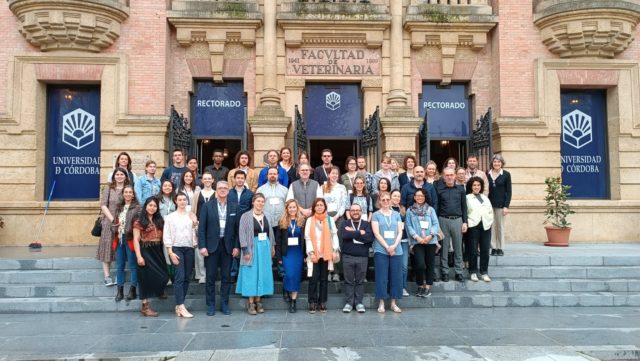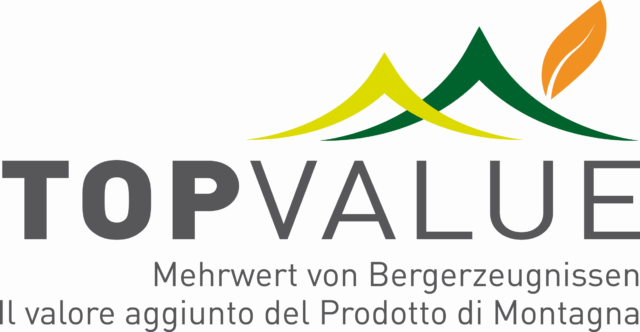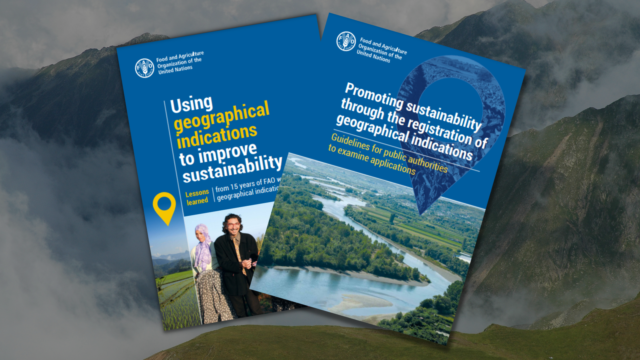On 9 September, the Agriculture and Rural Development Committee of the European Parliament (EP) gave its green light on the three EU regulations that will govern the 2023-2027 EU common agriculture policy (CAP).
If approved by the whole Parliament during the November plenary session, the new CAP will introduce new provisions concerning EU quality schemes.
Looking at the CMO amending Regulation, the final text agreed goes towards the strengthening of market regulation and crisis management. In detail, the most important innovation for the GI sector is the extension of the supply regulation instrument (already existing for cheeses, hams and PDO/PGI wines) to all PDO and PGI products.
In relation to the simplification of the GI system, the scope of Regulation (EU) No 1151/2012 has been extended to include aromatised wine products.
Among the main changes, the definition of designation of origin and geographical indication has been aligned with that given internationally by the Lisbon Agreement. In addition, the human factor, weakened in the Commission’s initial proposal, has been reintroduced as a compulsory element for the definition of a PDO (both for wines and foodstuffs).
With regard to the PDO and PGI product specifications and the human factors as link of the quality to a particular geographical environment, the text approved by Agricultural MEPs allows, where relevant, to limit its details to a description of the soil and landscape management, cultivation practices or any other relevant human contribution to the maintenance of the natural factors of the geographical environment. This refers particularly to those products whose human factors’ contribution to the quality and characteristics of the product may be less specific. Furthermore, the description of the contribution of GIs to sustainable development has been made voluntary.
Another relevant modification proposed is the simplification of the procedure for approval of amendments. The legislative text introduces a distinction between Union amendments and standard amendments. While the former will require an opposition procedure at the Union level, the latter will be dealt with at Member State level.
Finally, the new regulation enhances protection by extending its scope to all GI products, including goods in transit and sold online. Specifically, it refers to protection against abuse of reputation. Regrettably, the protection in relation to domain names, one of the main requests of AREPO-oriGIn common strategy, has not been retained. This will remain a pivotal topic to enforce the online protection of GIs.
As far as the Strategic Plans Regulation is concerned, Member States will be able to choose to support quality schemes under the type of intervention “cooperation”. In particular, the approved text includes the possibility to implement measures to both promote and establish quality systems. With regards to the possibility to cover as well the certification costs, this proposal hasn’t been maintained in the text agreed during the interinstitutional negotiations.
The regulations on the new EU Farm Policy were approved by AGRI Committee by 38 votes to 8 and 2 abstentions (Strategic plans), 40 votes to 5 and 3 abstentions (Common market organisation in agricultural products) and 39 votes to 7 and 2 abstentions (Financing, management and monitoring of CAP).
The vote expressed refers to a legislative process that started in 2018 with the legislative proposal of the previous Commission led by Jean-Claude Juncker. It now needs to be approved by the whole Parliament during the November plenary session, thus entering into full force in 2023, after two years of transitional regulation.
*AREPO has worked on the CAP in collaboration with oriGIn EU, developing and adopting a common position and lobbying strategy to jointly defend Geographical Indications at EU level.
More information :


